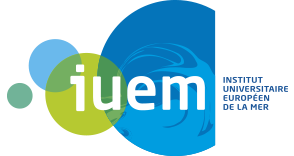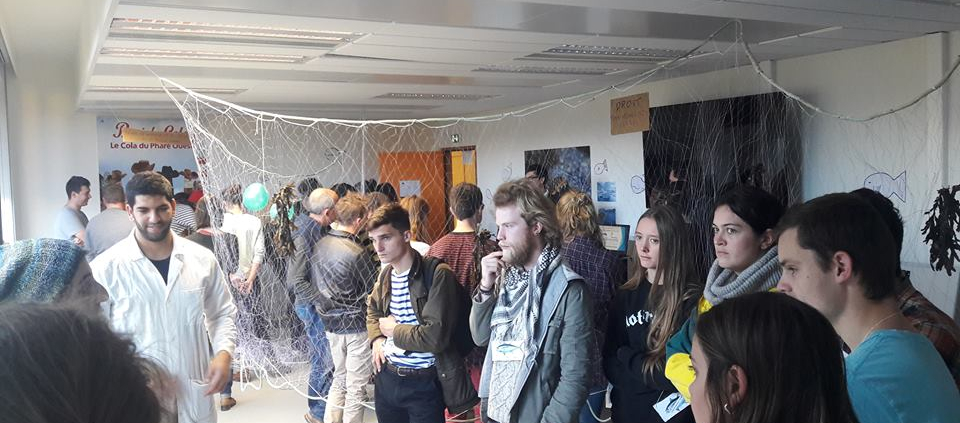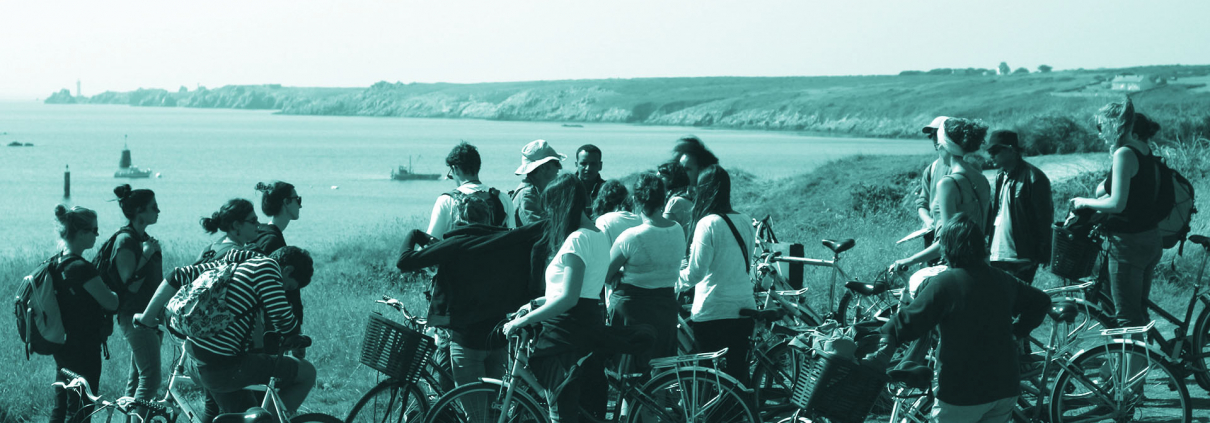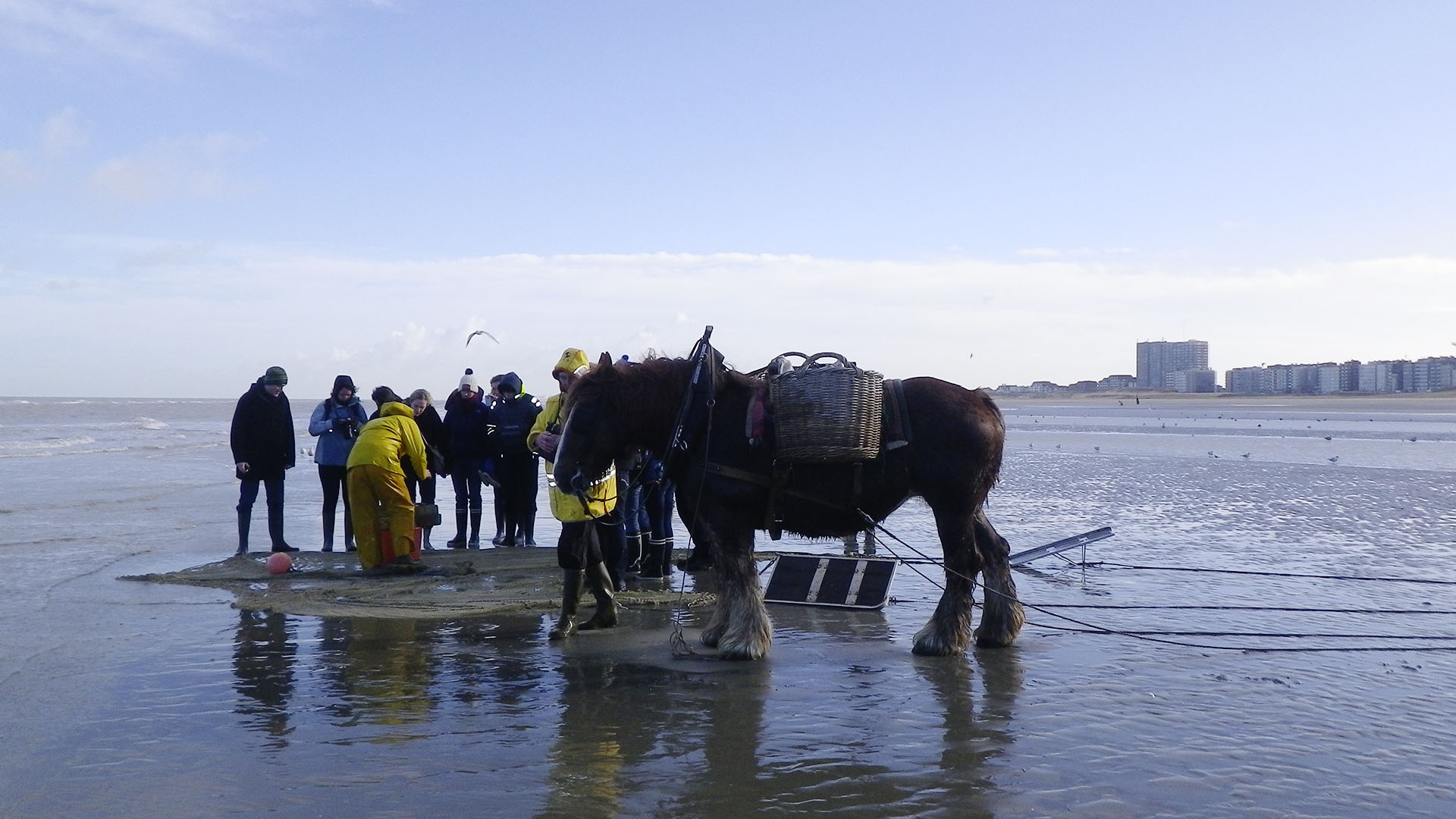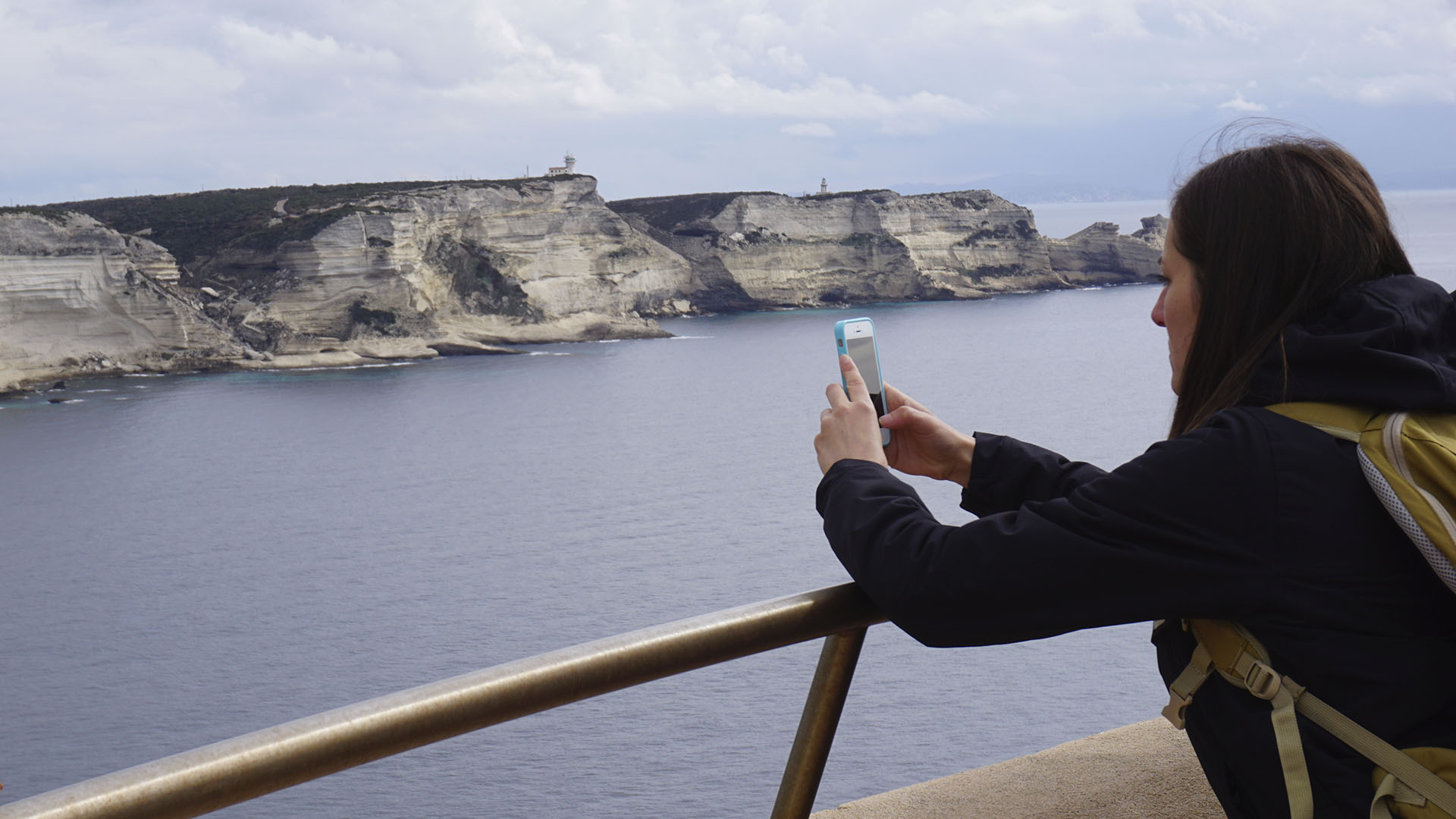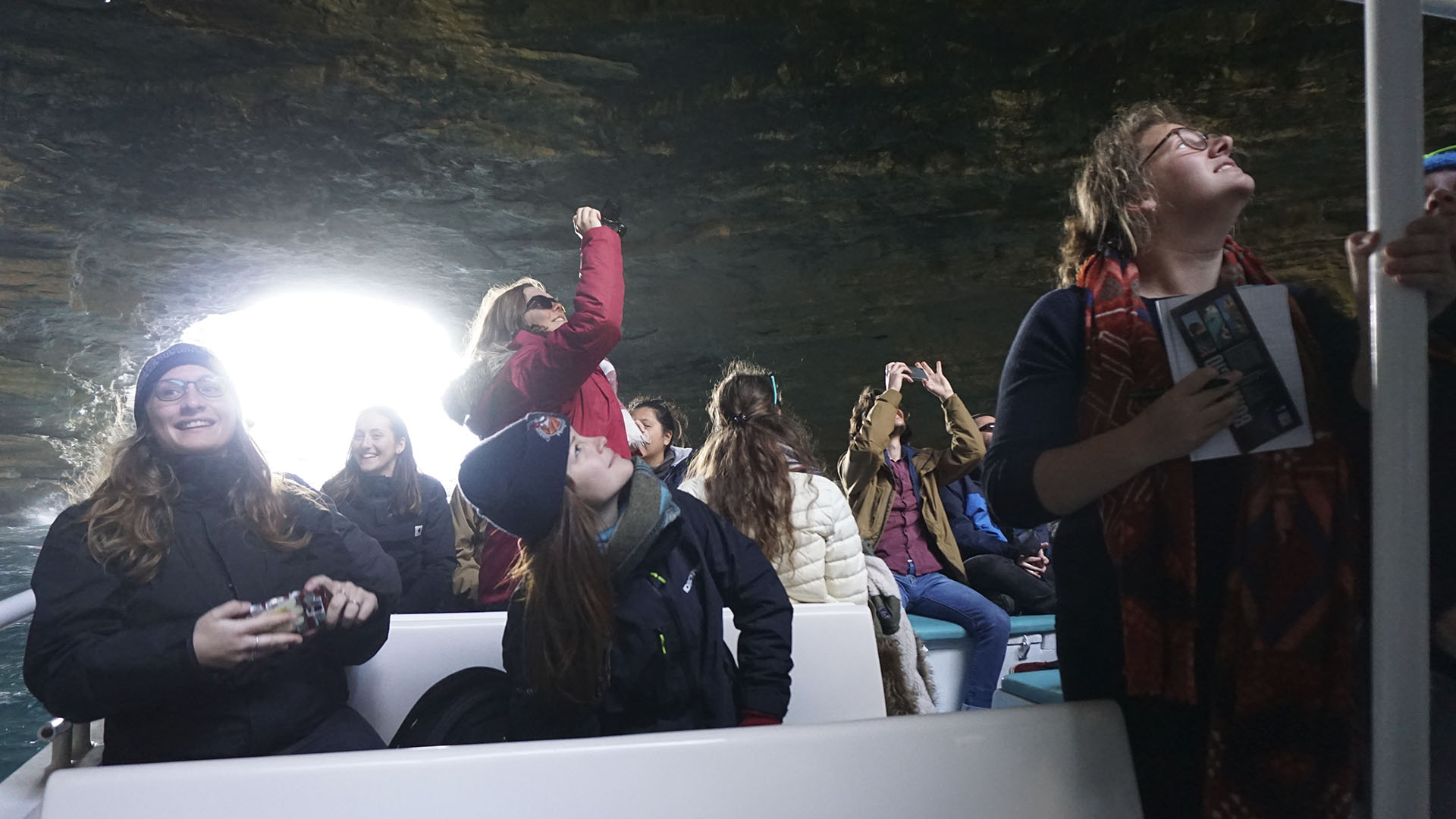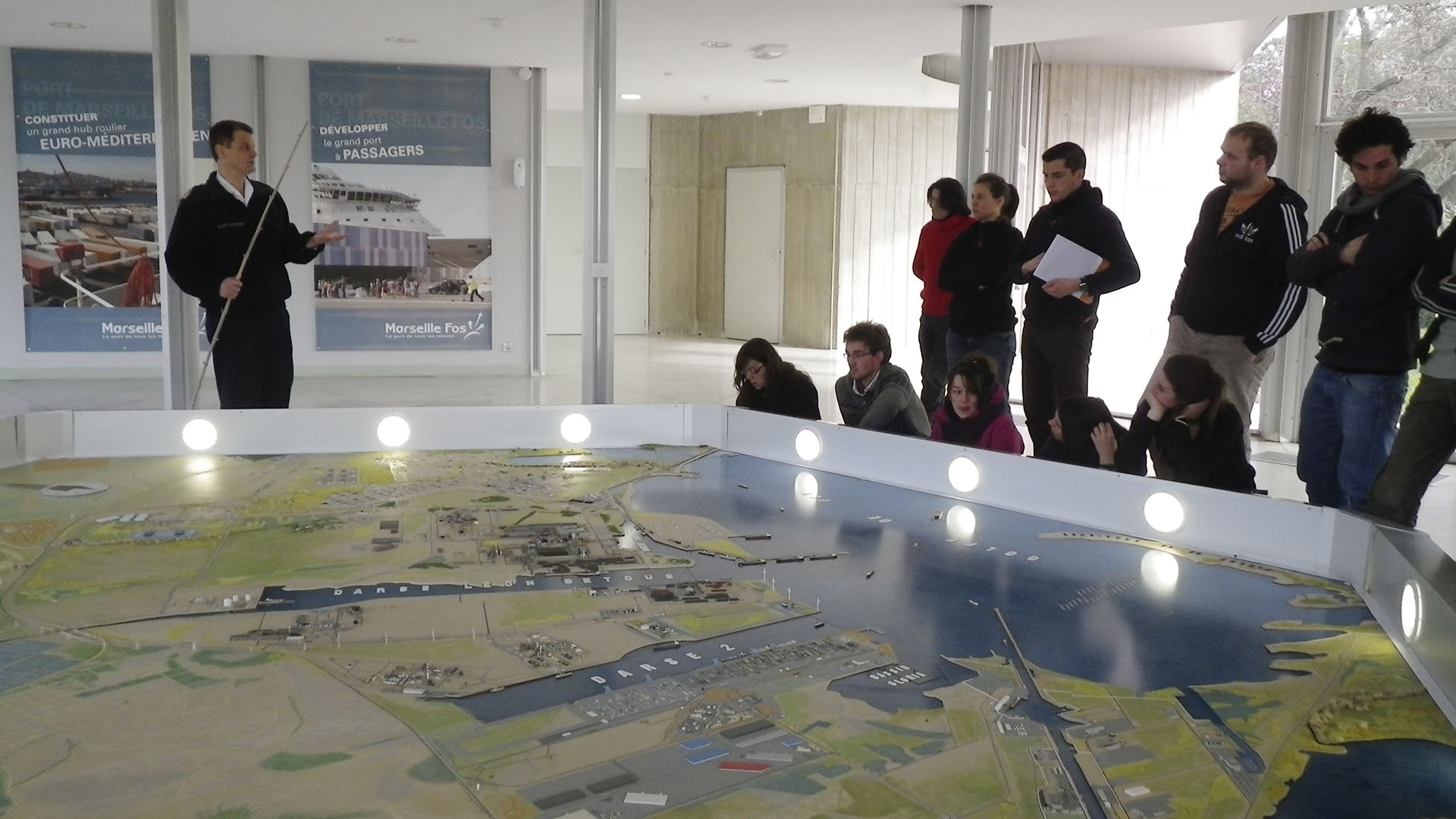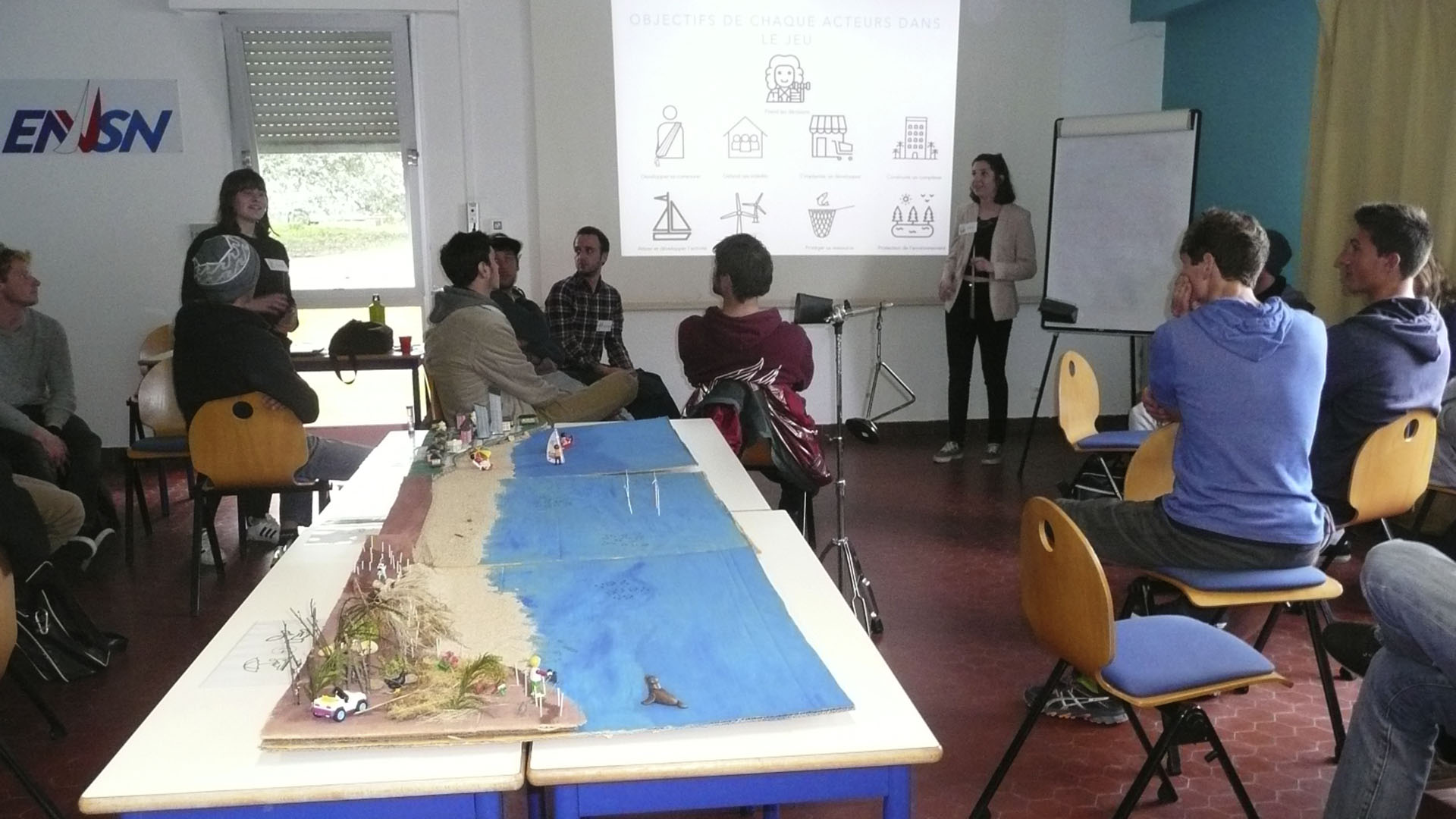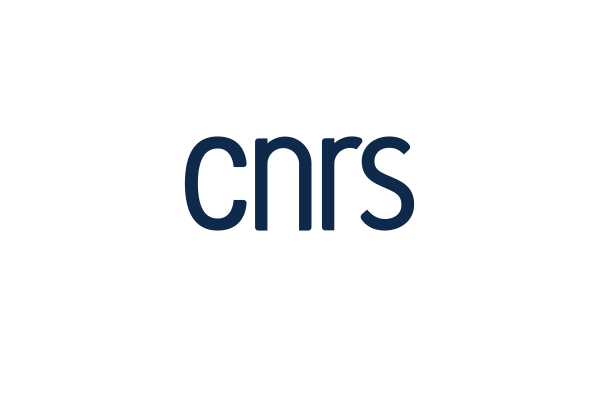Science and Society 2018 at the SML Master’s degree, another success!
The presentation of the EU “Science and Society” took place on November 13th, and it is (still) a success!
For the launch of this unit, students are divided into 10 teams (all SML disciplines are identified in the teams) according to the topics presented by the doctoral students. Two months of exploration of the subject in an autonomous interdisciplinary team supervised by the doctoral students follow. Many pedagogical objectives are associated with this EU: the exploration of socio-scientific controversies, project-based pedagogy but also scientific mediation for doctoral students on their research subject. Thus, to conclude this reflection, a day of restitution in the form of 1h30 workshops is organized. It is intended for M1 students but also for members of the jury who are teachers, researchers, scientists, communication managers, scientific guides, etc. This day is open to all those curious about multidisciplinary research and scientific mediation.
